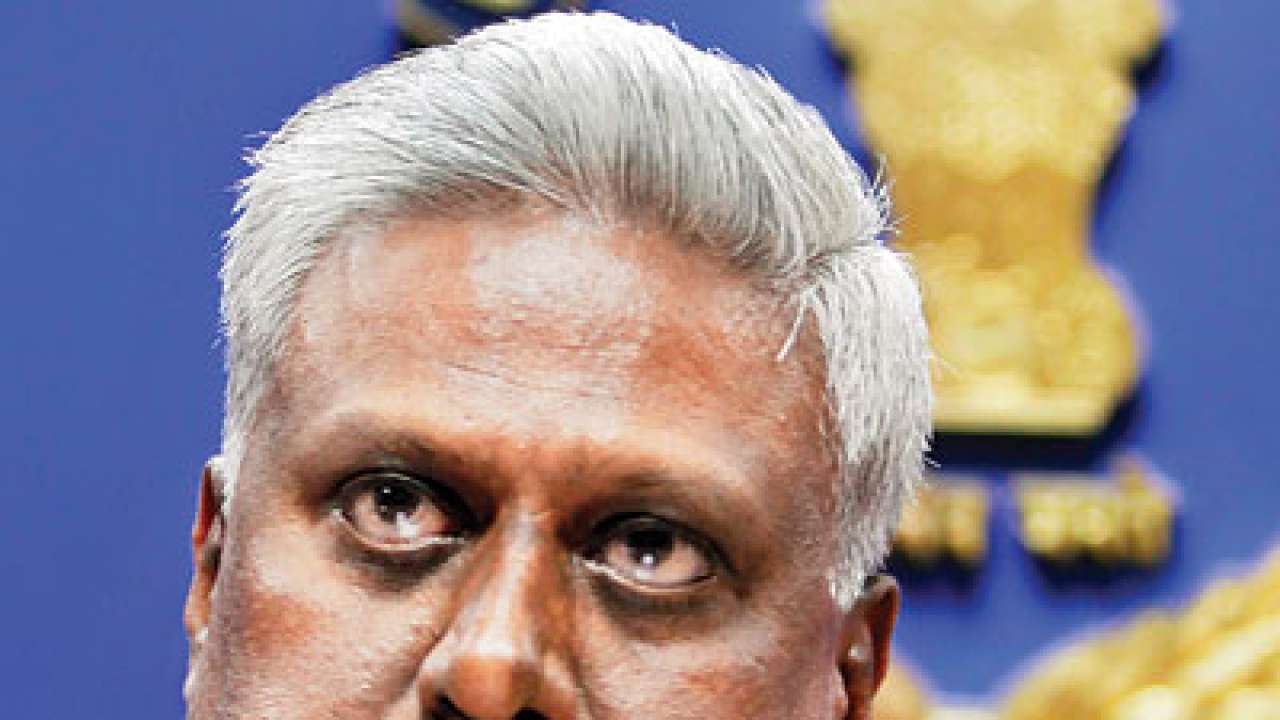
Frantically screaming "Privacy! My dignity and reputation is at stake" seems to be gaining currency as one of the surest ways to stifle demands for accountability the moment one faces allegations of graft, personal peccadilloes, and assorted misdemeanours and acts of malfeasance.
First it was ND Tiwari, former Uttaranchal governor, who kicked and screamed before the Supreme Court forced him to submit himself to a paternity test, now it is Ranjit Sinha.
The CBI director is livid at the accusations levelled against him by Prashant Bhushan and Kamini Jaiswal. Labelling them as scurrilous, he has instituted perjury proceedings against Jaiswal, and is now thinking of firing the libel suit missile. In addition, he did try, albeit unsuccessfully, to block the media from reporting on the proceedings in the case in which he has to dispel allegations of his complicity in the 2G scam.
This begs the question - can public officials, in matters and litigation of seminal public interest, claim the right to privacy and thereby prevent reportage or even the asking of "inconvenient" questions?
In the ongoing case, the Supreme Court hasn't given a definitive ruling on the question of privacy, but established precedents from India and abroad show that Sinha's attempts should go in vain.
The right of the press to criticise and comment on the conduct of public officials was challenged before the Supreme Court in R Rajagopal v State of Tamil Nadu (1994), popularly known as the Auto Shankar case.
Some members of the police top brass tried to stop notorious killer and incarcerated convict Shankar from publishing his autobiography, which apparently contained vivid details exposing their roles, even complicity, in the dastardly acts he had committed.
While affirmatively stating that the right to privacy is a fundamental right and part of the Right to Life under Article 21 of the constitution, the court refused to indulge the police officials. It held that those in public office were entitled to a lesser degree of privacy than private citizens. Moreover, they could claim this right only if there was prima facie malice in the accusations, or there was a sufficiently compelling countervailing state interest which could be invoked to restrain the press or anyone acting out of public interest.
Could this privilege be extended to whistleblowers and crusaders for public accountability such as Jaiswal and Bhushan? There's precedent from the United States Supreme Court.
In Gertz v. Robert Welch, Inc. , the court extended the NYT v Sullivan privilege ( that only statements with naked malice and evidently reckless disregard for the truth shall be held as defamatory) till then available only to the Fourth Estate, to those who, in public interest, who are bringing allegations of wrongdoing against those "who occupy positions of such persuasive power and influence that they are deemed public figures for all practical purposes". Surely, Sinha, with the vast swathes of power he has at his beck and call, cannot claim any reasonable ground to be exempted from this standard.
As of now, unlike the Delhi High Court which expeditiously issued a gag order on the media when a retired Supreme Court judge facing allegations of sexual harassment made a plea similar to Sinha's, the Supreme Court has rightfully stopped short of falling for the patently dishonest ploy of "privacy".
Perhaps, it is a timely signal to Sinha and others of his ilk that the fig leaf of privacy only exposes more of what they are so desperate to conceal.
Saurav teaches Media Law & Jurisprudence in Mumbai and Pune. Follow him on twitter @SauravDatta29.